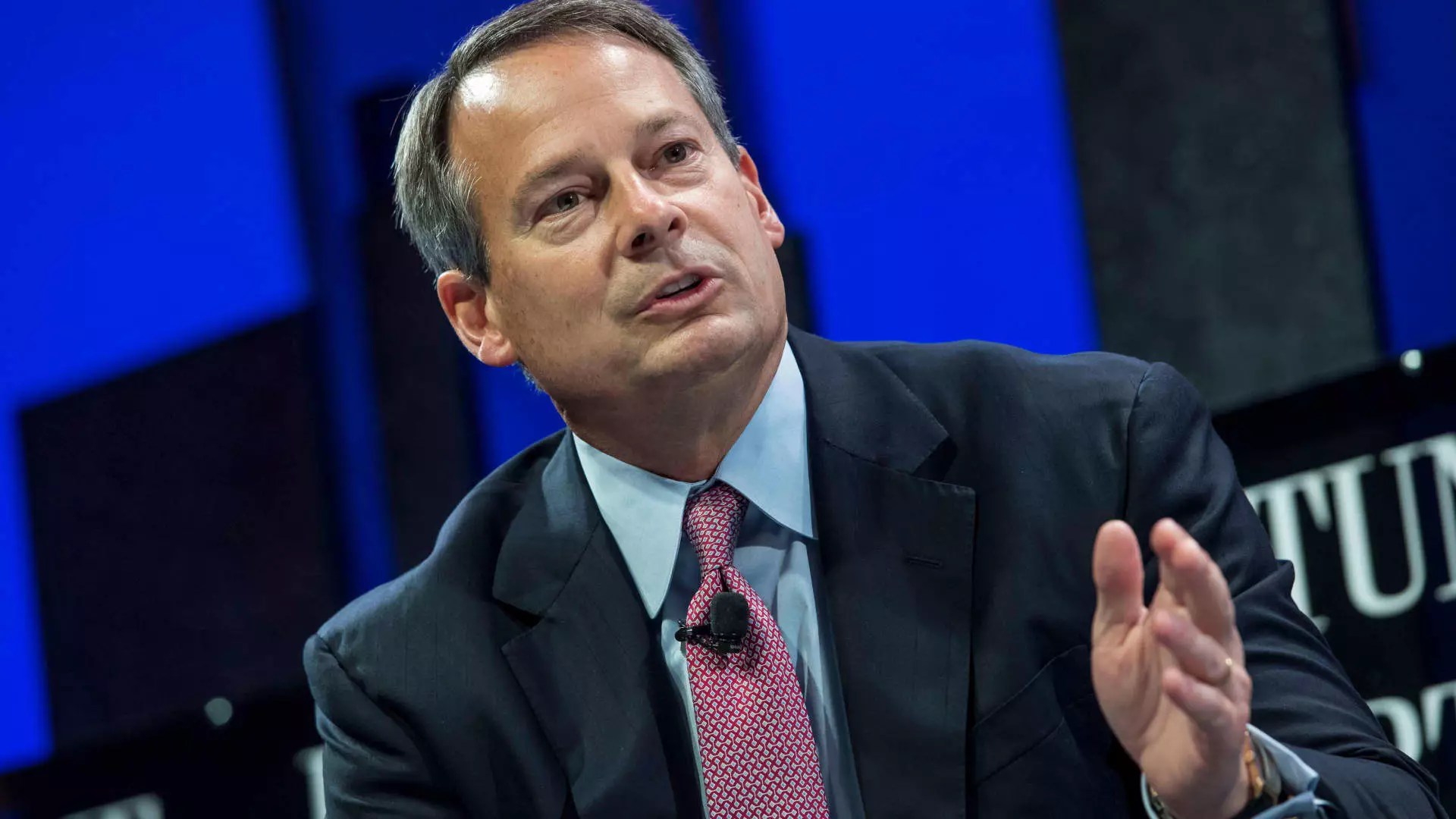In the dynamic world of corporate finance, insider stock sales often act as whispers from the upper echelons of business. While many dismiss these maneuvers as routine liquidity events, the reality is far more nuanced. When top executives and insiders liquidate significant holdings, it sends a signal—whether consciously or unconsciously—about their confidence in the company’s future. As a center-right observer, I argue that these sales should prompt skepticism rather than complacency, especially when they come amidst market rallies or earnings uncertainties. Such transactions, although sometimes driven by personal financial planning or diversification needs, often reveal a cautious stance that cannot be easily dismissed.
Case Studies in Caution and Confidence
Last week’s notable insider transactions provide a snapshot into the complex psyche of corporate insiders. Celsius Holdings, despite its impressive 71% rally this year, saw a key investor sell a substantial chunk—200,000 shares worth roughly $9.5 million. Such a move might seem counterintuitive given the stock’s recent performance; however, it underscores a possible belief that the stock is ripe for a correction or that the insider is taking profits after a strong run. This kind of behavior challenges the narrative that insider sales always signify internal doubts—sometimes, insiders simply want to lock in profits after a substantial rally.
In contrast, Charles Schwab’s long-term strategy appears more nuanced. The co-chairman, Walter Bettinger, liquidated nearly 174,000 shares for over $17 million despite the company’s recent 16% rise in performance. This sizeable disposal could reflect a personal need or a strategic repositioning, but the timing—when the stock is trending upward—raises questions about whether insiders are feeling confident or are instead hedging their bets amid a volatile financial environment. Similarly, the CFO of NXP Semiconductors sold a substantial portion of his holdings—82%—despite the company’s modest 12.7% increase in the recent quarter. Such an aggressive reduction signals perhaps a precautionary stance, possibly driven by concerns about the semiconductor market, which has been volatile and unpredictable.
Meanwhile, airline giant SkyWest and United Airlines insiders are also engaging in sizable disposals. SkyWest’s CFO cut over 13% of his holdings, aligning with the broader trend of insiders cashing out despite some market gains. United’s CFO, Michael Leskinen, sold more than half his position early this year, even as the stock gained significantly in recent months. These transactions suggest a cautious approach, possibly reflecting insider doubts about the sustainability of current rally patterns or upcoming challenges for the airline industry—an industry synonymous with volatility and cyclical hardships.
Rethinking Insider Sales: A Center-Right Perspective
From a centrist, pragmatic perspective, these insider sales can be viewed as a barometer of underlying market sentiment—often a more accurate gauge than overly optimistic analyst reports or sweeping market rallies. They reveal a sober reality: insiders, with their extensive knowledge, are often better positioned than external analysts to foresee problems, whether economic downturns, sector-specific headwinds, or internal company struggles.
In a society that values free enterprise, investors should see these insider sales not solely as red flags but as signals to reassess risk and avoid herd mentality. When well-informed insiders exit positions during what appears to be a bullish phase, it warrants a closer inspection of the company’s underlying fundamentals. This skepticism is crucial in markets where hype and momentum can mislead, leading less discerning investors astray.
Furthermore, these sales highlight the importance of aligning insider actions with long-term strategic health rather than short-term greed. When executives cash out significant portions during rallies, it could indicate they believe the company’s best days may be behind them, or at least that they don’t trust sustained growth. Conversely, if these executives truly had unwavering confidence, their reluctance to sell large slices would serve as a more credible endorsement.
As a centrist leaning towards liberal economic policies, I believe fostering transparency and skepticism is vital. Market discipline relies on insiders acting in ways that reflect genuine confidence and not opportunism that can inflate stock prices artificially. Ultimately, insider sales are not purely personal actions—they are signals that, when interpreted correctly, can help create a more balanced, resilient financial system that depends on honest assessments over hype.
—
Insider transactions continue to be a powerful, if often misunderstood, indicator of corporate health. A wary investor must read between the lines—not assuming all sales are doom signals but recognizing them as part of a broader narrative that demands careful scrutiny and skepticism. Only by doing so can we foster markets rooted in reality, not illusions.

